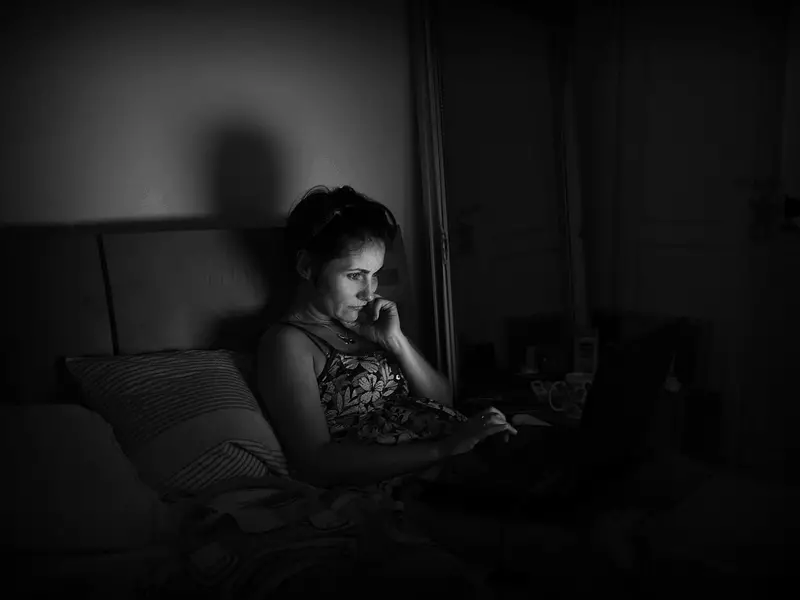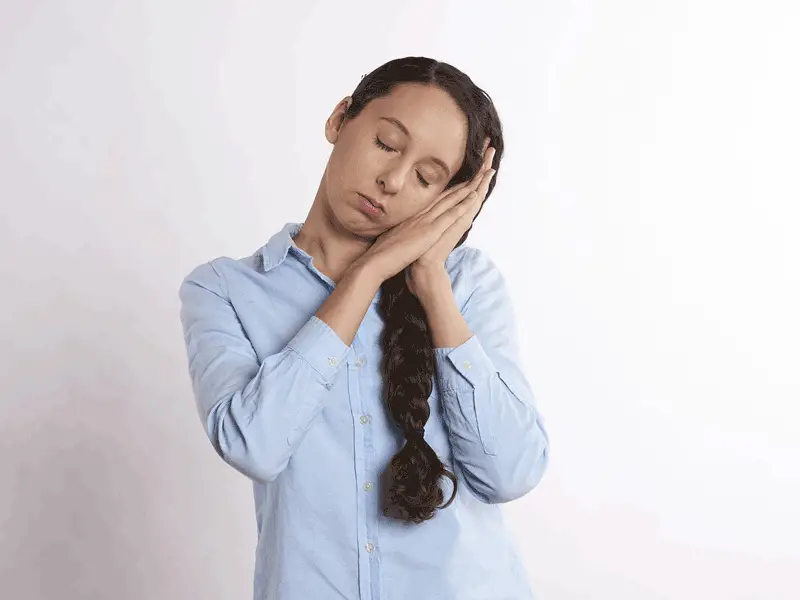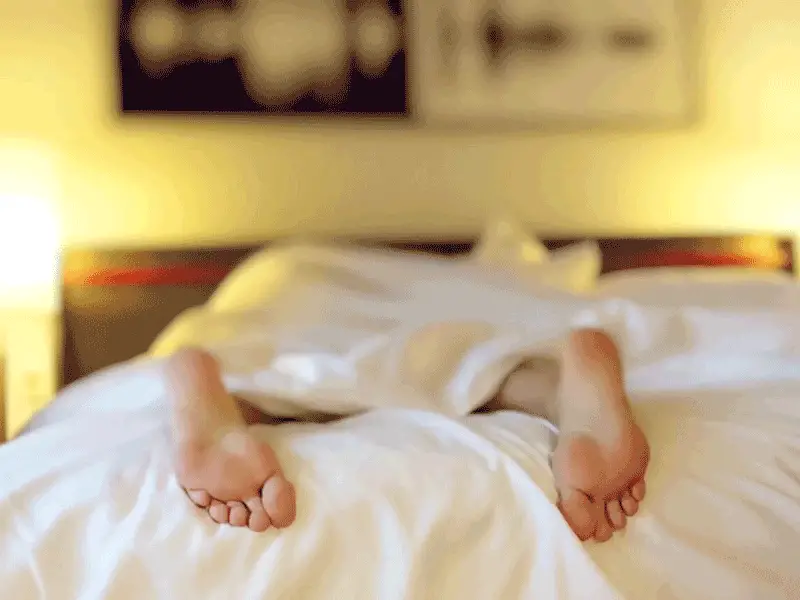Getting enough rest and avoiding sugar isn’t easy in the city that never sleeps.
NYgals are juggling careers, relationships and everything in between, so sleep and a balanced diet isn’t always priorities when you’re on-the-go.
But sleep deprivation is a significant issue here, where more than a third of US adults get less than 7 hours sleep, despite the recommended 8 hours. Apparently, spending more time in bed could decrease those pesky sugar cravings.
A study published in The American Journal of Clinical Nutrition earlier this year found that getting at least seven hours of shuteye every night lessoned sugar consumption during the day.

Researchers at King’s College London (KCL) studied 42 “habitually short sleepers” aged between 18 and 64 and discovered their sleep pattern could be changed for the better.
Half of the participants met with a sleep psychologist for 45 minutes to extend bedtime by an hour and a half; they also kept food and sleep diaries and wore a sleep tracker for a week. The other half just went about their usual routine.
The results speak for themselves: 86 percent of the counseled participants increased their sleep time while consuming 10 grams less added sugars on a daily basis. Meanwhile, there were no significant changes for the people who didn’t receive a sleep consultation.
Although the KCL report noted that “sleep deprivation may manifest in weight gain” after five nights of four-hour sleep stints, there were no changes in weight for either group.

But lead author Wendy Hall told Time magazine that a lengthier study would be needed to determine this, so there’s still hope for us sleep-deprived sugar fans.
“The intervention period was relatively short, so the next step is to test whether body weight and body fat percentage would also be lowered following an intervention lasting months, rather than weeks,” Hall, a researcher in the department of nutritional sciences, said.
“Most participants found that limiting technology use from back-lit screen devices close to bedtime, keeping technology devices outside of the bedroom, maintaining regular bedtimes and wake times, and avoiding caffeine later in the day were among the more applicable practices they could apply to their current lifestyle.”
Of course, this isn’t the first time a link between sleep deprivation and weight has been made.
Another study published in the American Journal of Epidemiology in 2006 suggested that long-term sleep deprivation could lead to weight gain down the line or even obesity in women.

It’s not just weight that’s the issue. Sleep deprivation can also lead to diabetes, heart disease, obesity, and depression – not to mention car crashes when people fall asleep at the wheel.
In fact, adults who get less than 7 hours of sleep are more likely to be obese, physically inactive and current smokers according to the CDC, which is all the more reason to increase your nap time.
So ladies, ditch the late night coffees, shut down the screens and ensure you get 8 hours of beauty sleep every night.
Image credits: Pixaby, Pxhere


